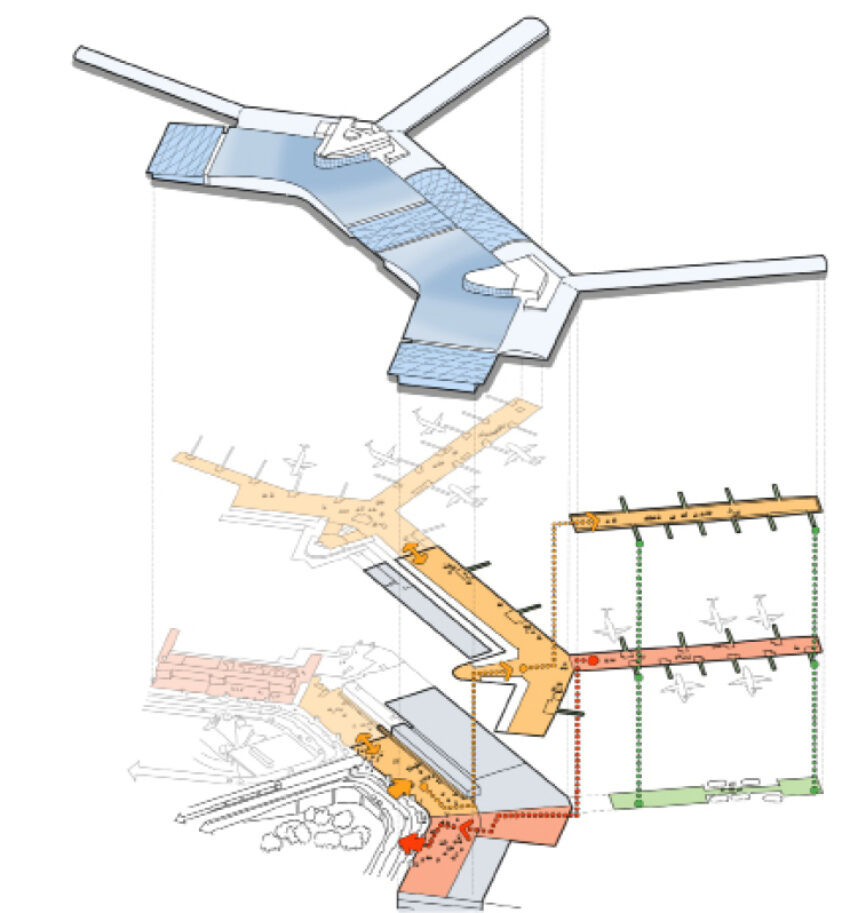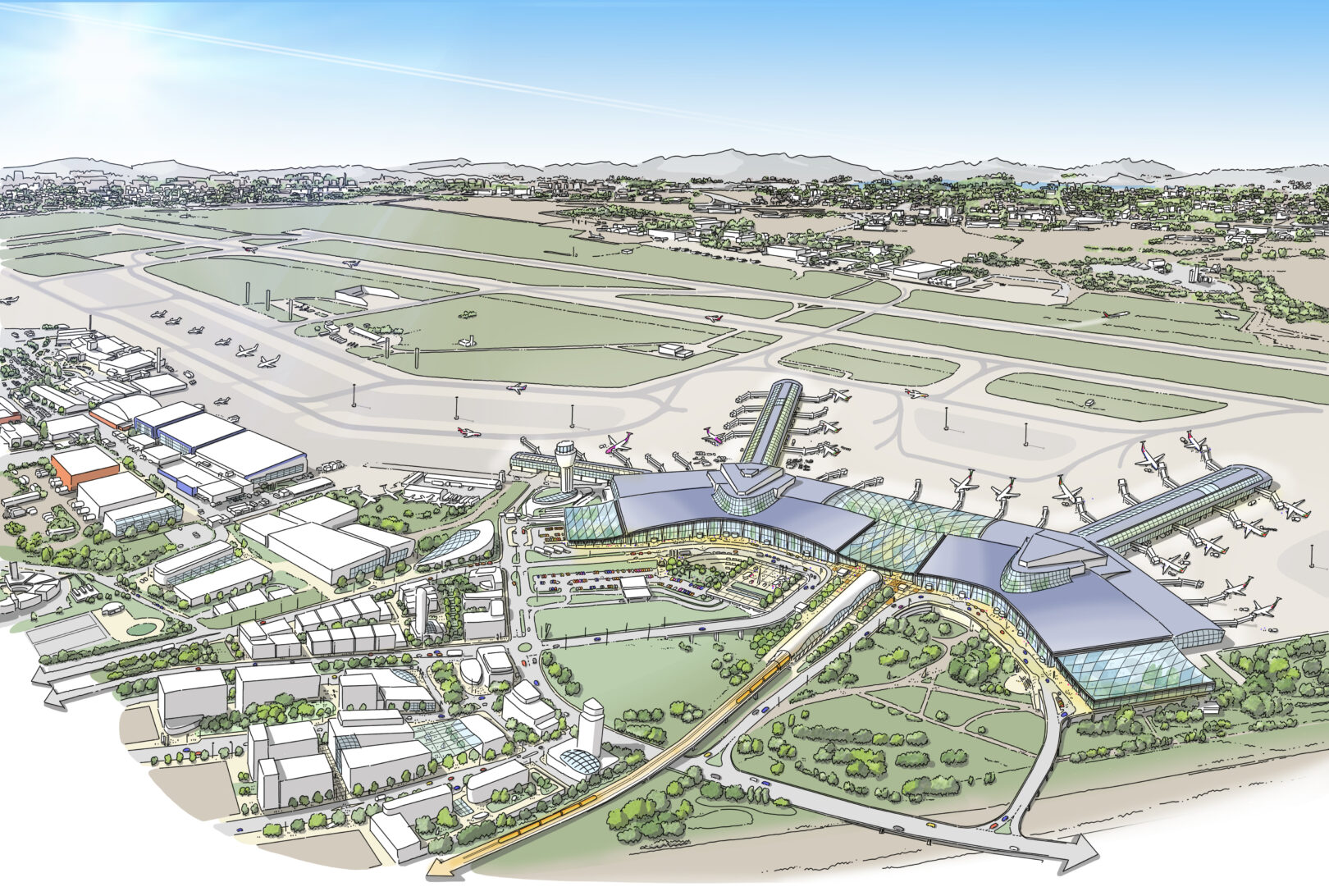Privacy Policy
This privacy policy sets out how Weston Williamson + Partners uses and protects any information that you give us when you use this website. We are committed to ensuring that your privacy is protected. Should we ask you to provide information by which you can be identified when using this website, then you can be assured that it will only be used in accordance with this privacy statement. We may change this policy from time to time by updating this page; please check back from time to time to ensure that you are happy with any changes. This policy is effective from May 1 2018.
What we collect
- Contact information including email address
- Anonymous website analytics statistics
What we do with the information we gather
- Internal record keeping
- We may use the information to improve our products and services
Security
We are committed to ensuring that your information is secure. In order to prevent unauthorised access or disclosure, we have put in place suitable physical, electronic and managerial procedures to safeguard and secure the information we collect online.
Links to other websites
Our website may contain links to other websites of interest. However, once you have used these links to leave our site, please note that we do not have any control other websites and cannot be held responsible for the protection of any information you provide whilst visiting any third party site.
Controlling your personal information
- You may request details of, or deletion of, personal information which we hold about you under the General Data Protection Regulation 2018. If you would like a copy of the information held on you please telephone the studio on +44 (0) 20 7401 8877
--
Cookies
In order for this site to work properly, we sometimes place small data files called cookies on your device.
What are cookies?
A cookie is a small text file saved on your computer or mobile device by a website when you visit https://www.westonwilliamson.com. The cookie enables the website to remember your actions and preferences such as login, language, font size and other display preferences to keep you from having to reenter them on every visit to the website or when browsing from page to page.
How do we use cookies?
A number of the pages on our website use cookies to remember:
Your display preferences, such as contrast and color settings or font size
Whether or not you have already replied to a survey popup that asks you if the content was helpful or not so that you won’t be asked over and over again
Whether or not you have agreed to our use of cookies on this site
In addition some embedded videos in our pages use a cookie to anonymously gather statistics on how you got there and what videos you viewed. Although enabling these cookies is not strictly necessary for the website to work, it will provide you with a better browsing experience. Cookies can be deleted or blocked, but some features of this site may not work as intended should you do so. The cookie-related information is not used to identify you personally and the pattern data is fully under our control. The cookies on this website are not used for any purpose other than those described here.
How to control cookies
You can block and/or delete cookies as you wish using your browser settings.You can delete all cookies that are already on your computer and you can set your browser to prevent them from being placed. By doing this you may have to manually adjust some preferences every time you visit https://www.westonwilliamson.com and some services and functionalities may not work.

